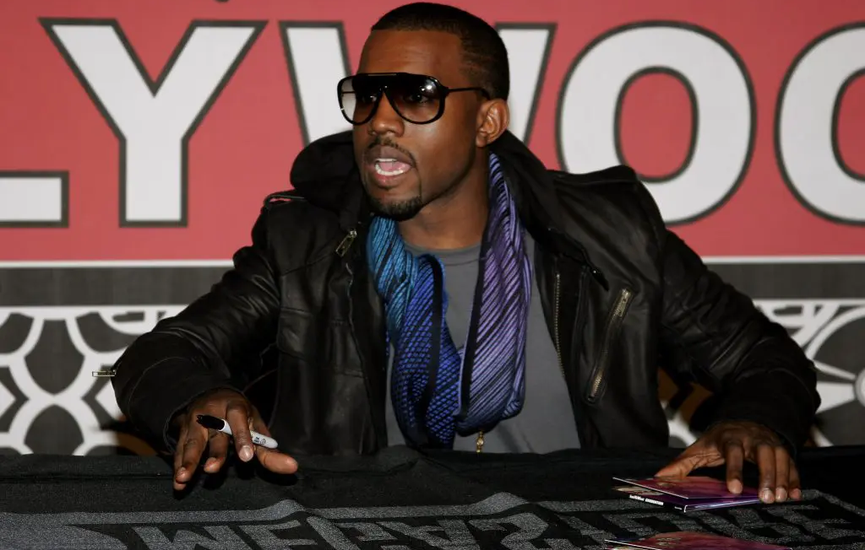Kanye West’s announced return to the stage with a live performance in South Africa has ignited a wave of excitement, skepticism, and cultural debate. The show, scheduled for 13 December 2025 at Ellis Park Stadium in Johannesburg, was revealed by a relatively unknown promoter, Monyake Group, sparking immediate questions about its legitimacy. Fans and industry insiders have flagged inconsistencies surrounding the event, including broken ticketing links, a lack of confirmation from Kanye’s official channels, and the sudden appearance of the organizer’s social media account, which was created just days before the announcement and contains only a handful of posts, all related to the concert.
The choice of venue has also raised eyebrows. While Ellis Park is a respected stadium, major international acts typically perform at FNB Stadium, which boasts larger capacity and more advanced infrastructure. The absence of communication from Kanye’s team or established promoters has led many to speculate whether the event is genuine or a sophisticated scam. Comparisons have already been drawn to infamous incidents like the Fyre Festival, where hype and misinformation led to widespread disappointment and financial loss. South African fans, eager for a rare live appearance by the global icon, are now caught between anticipation and caution.
Beyond logistical concerns, Kanye’s potential appearance has reignited broader conversations about his controversial public persona. His past statements on race, politics, and mental health continue to polarize audiences worldwide. In South Africa, where issues of identity and representation remain deeply sensitive, the idea of hosting an artist known for provocative and sometimes divisive rhetoric has sparked debate. Some view his return as a cultural moment worth celebrating, while others question whether his presence aligns with the values of inclusivity and accountability.
The buzz surrounding the concert has also spilled into digital spaces, with TikTok creators and YouTube commentators dissecting every detail of the announcement. Videos comparing Kanye’s fashion and music legacy to other artists, speculating on his diplomatic stunts, and analyzing his influence on African hip-hop have gone viral. South African musicians and cultural critics have weighed in, offering perspectives on how global stars shape local narratives and whether such events uplift or overshadow homegrown talent.
Whether the concert materializes or not, the announcement has already achieved something remarkable, it has sparked a national conversation about celebrity culture, digital trust, and the power of hype. In an age where viral news can blur the line between reality and illusion, Kanye West’s rumored return to South Africa serves as a reminder that public excitement must be matched by transparency and accountability. Until more details emerge, fans remain hopeful but wary, watching closely as the story unfolds.
